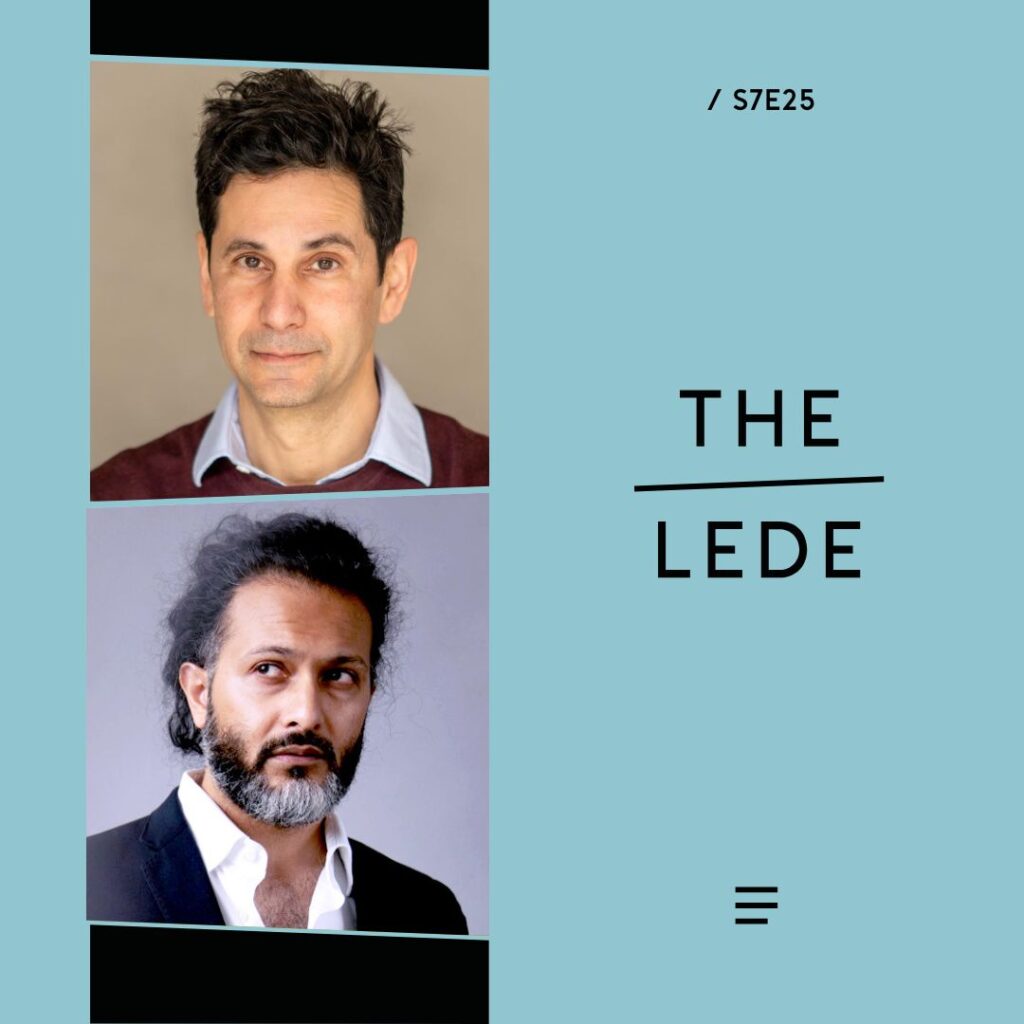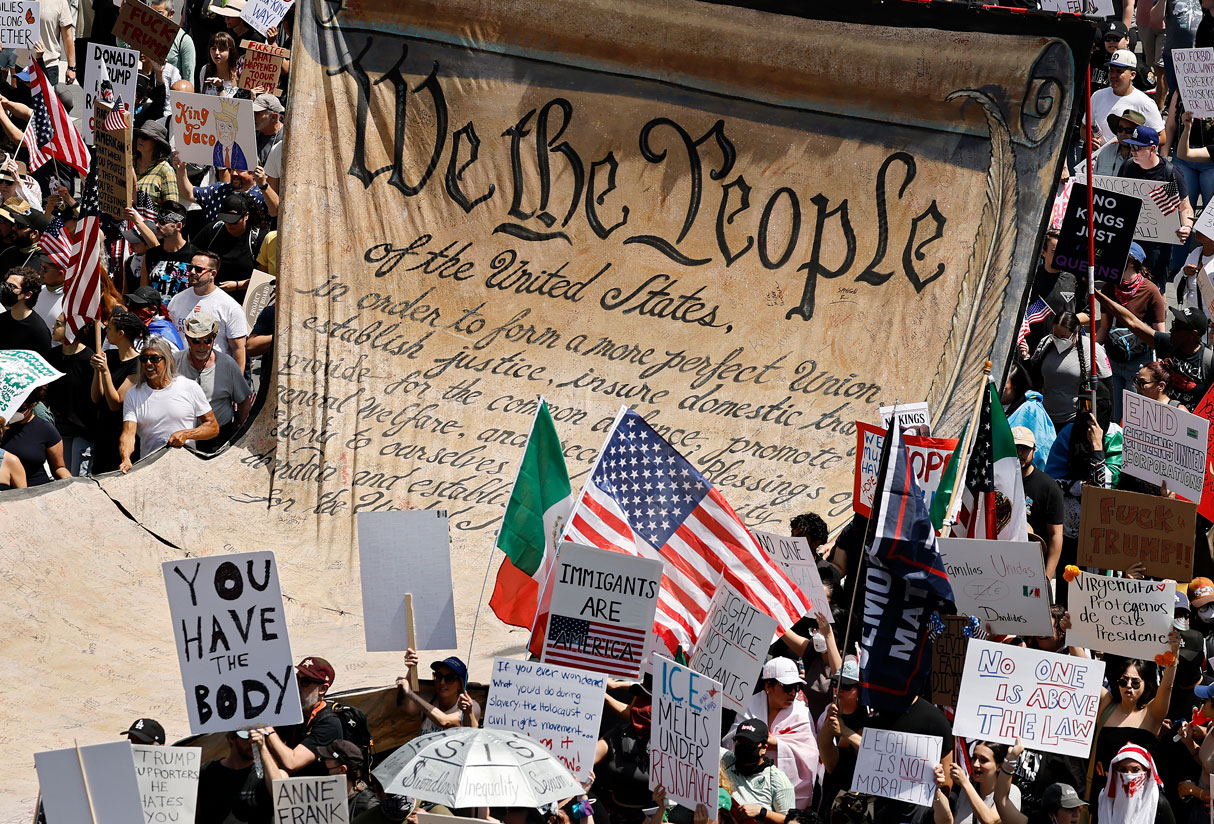Hosted by Faisal Al Yafai
Featuring Fara Dabhoiwala
Produced by Finbar Anderson
Listen to and follow The Lede
Apple Podcasts | Spotify | Podbean
Almost a decade ago, the historian and writer Fara Dabhoiwala was discussing a book on a trip to China, where he was “blown away by the apparatus of censorship that the Communist Party there was putting into place,” he tells New Lines’ Faisal Al Yafai on The Lede. “It struck me as a historian that this is using every single tool of censorship ever previously invented simultaneously in modern China. And I came back from that, and then I moved to the United States and I thought, ‘Why in the West do we believe so strongly in freedom of expression and yet can never agree on what it means? Where does this idea come from?’”
The desire to answer that question led to Dabhoiwala’s most recent book, “What Is Free Speech? The History of a Dangerous Idea.” But despite his concern about the censorship he witnessed on display in China, Dabhoiwala’s new book is by no means a hagiography of the West’s free speech tradition.
“Why in the West do we believe so strongly in freedom of expression and yet can never agree on what it means?”

For all the simplicity of its name, free speech as an idea is fraught with contradictions, says Dabhoiwala. “Free speech is basically an incoherent concept, it’s an artificial doctrine. In order to work, it needs to deny some basic facts about communication more generally,” he explains. “The first of those is speech is an action in the world. Most of the time it’s a trivial action, but it can have effects in the world. And the second is that its meaning, its effects are exquisitely contextual. And that’s a problem. You need to deny that to some degree, because laws are predicated on exactly the opposite set of principles, namely transparency and consistency, that everyone should be treated the same.”
The balancing model — one of two models that Dabhoiwala considers as dominating the free speech debate — attempts to deal with this nuance. “The balancing model tries to take that into account by trying to think about context more, but it becomes incredibly subjective. That’s why people hate it.”
That inherent subjectivity leaves many craving a different model with greater moral clarity, says Dabhoiwala. “The reason why people are drawn to the absolutist alternative is partly frustration. Everyone wants the laws, the rules to be simpler and less subjective. And I’m afraid that’s an impossible dream.”
While many liberal democracies tend to follow the first model — a choice with both positive and negative consequences, as Dabhoiwala and Al Yafai discuss — the American tendency to pursue an absolutist approach to free speech is having disastrous effects in the modern era, argues Dabhoiwala. “When all of our discourse, not just social media, but our politics, is dominated by these greedy corporate entities, it gives them carte blanche to behave irresponsibly — because any kind of regulation costs them money, is messy, is difficult — so they wrap themselves in the platitudes of modern American absolutist free speech jargon and claim that they stand for free speech, and that is a problem that they’re exporting around the world.”


